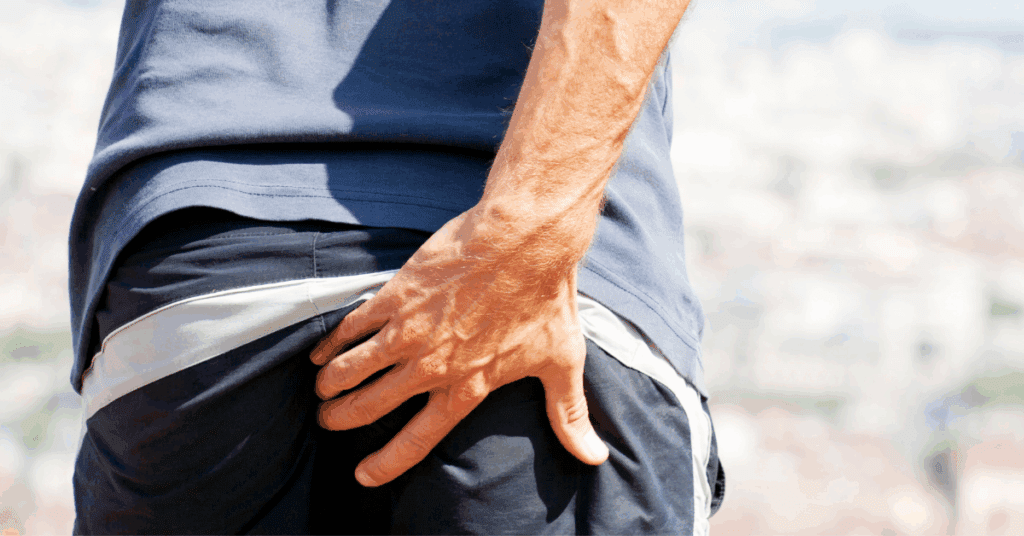FAQs
What are some quick home remedies for anal itching?
Gently washing the area with water, drying it off completely, then putting on a barrier cream (like zinc oxide) should give some relief, at least temporarily.
What foods can trigger anal itching?
The itch may be caused by foods that contain caffeine, alcohol, chocolate, citrus foods, or foods seasoned with spicy ingredients.
Could anal burning and itching be serious?
Yes, but that is rare. Chronic or severe pruritus could be a sign of acute issues- such as a warning for haemorrhoids, inflammatory bowel disease, diabetes, or, in extremely rare cases, anal carcinoma.
What should I do to keep anal itching from recurring?
To help prevent anal itching from coming back, practice good hygiene, avoid known food triggers, wear breathable clothing, and treat underlying conditions (haemorrhoids, eczema, etc).
REFERENCES
Jakubauskas, M., & Dulskas, A. (2023).
Evaluation, management and future perspectives of anal pruritus: a narrative review.
European Journal of Medical Research, 28(1), 57.
https://doi.org/10.1186/s40001-023-01018-5

Swamiappan, M. (2016).
Anogenital Pruritus – An Overview.
Journal of Clinical and Diagnostic Research, 10(4), WE01–WE03.
https://doi.org/10.7860/JCDR/2016/18440.7703

Sahnan, K., Lever, L., & Philips, R. K. S. (2016).
Anal itching.
BMJ, 355, i4931.
https://doi.org/10.1136/bmj.i4931



